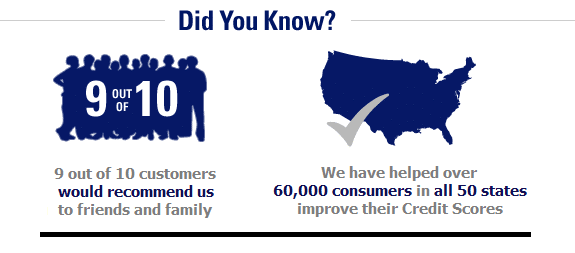What is a Collection Agency?
Collection agencies are organizations that are hired by businesses or creditors to recover unpaid debts.
These agencies typically work on a commission basis, meaning they only get paid if they are able to collect the debt.
They use a variety of methods to collect the debt, including phone calls, letters, and legal action.
One of the main ways collection agencies try to collect a debt is through phone calls.
They will contact the debtor directly and try to negotiate a payment plan or a lump sum payment to settle the debt. They may also try to set up automatic payments or wage garnishments. If the debtor does not agree to a payment plan or is unable to pay the debt, the collection agency may take legal action.
Another way collection agencies try to collect a debt is through letters.
They will send letters to the debtor reminding them of the debt and asking for payment. These letters may also contain threats of legal action if the debt is not paid. Collection agencies may also send letters to the debtor’s employer, asking them to garnish the debtor’s wages to pay off the debt.
Collection agencies also have the power to take legal action against the debtor if necessary.
They may file a lawsuit against the debtor to have a judgment entered against them, which allows the collection agency to garnish the debtor’s wages or seize their assets to pay off the debt.
However, collection agencies are regulated by Federal laws such as the Fair Debt Collection Practices Act (FDCPA) which sets limits on when and how they can contact debtors and prohibits certain types of abusive or deceptive practices.
Such as calling excessively, calling outside of permissible hours, threatening arrest or legal action they can not take, falsely representing themselves, and many more.
It’s important for consumers to know their rights when dealing with collection agencies. They have the right to request validation of the debt, which means the collection agency must provide proof that the debt is legitimate and that the agency has the right to collect it.
Consumers also have the right to dispute the debt if they believe it is not theirs or if it has already been paid.
Consumers can also negotiate with the collection agency to come up with a payment plan or a settlement. They can also seek the help of a credit counseling agency or a consumer law attorney to help them navigate the process.
In conclusion, collection agencies are organizations that are hired by businesses or creditors to recover unpaid debts. They use a variety of methods to collect the debt, including phone calls, letters, and legal action.
However, they are also regulated by federal laws which protect consumers from certain types of abusive or deceptive practices. Consumers have the right to request validation of the debt, dispute the debt, and negotiate with the collection agency.
If you are being harassed by collection agencies or struggling with debt, contact CreditFirm.net to find out how we can help you.
The post What is a Collection Agency? appeared first on Credit Firm.


